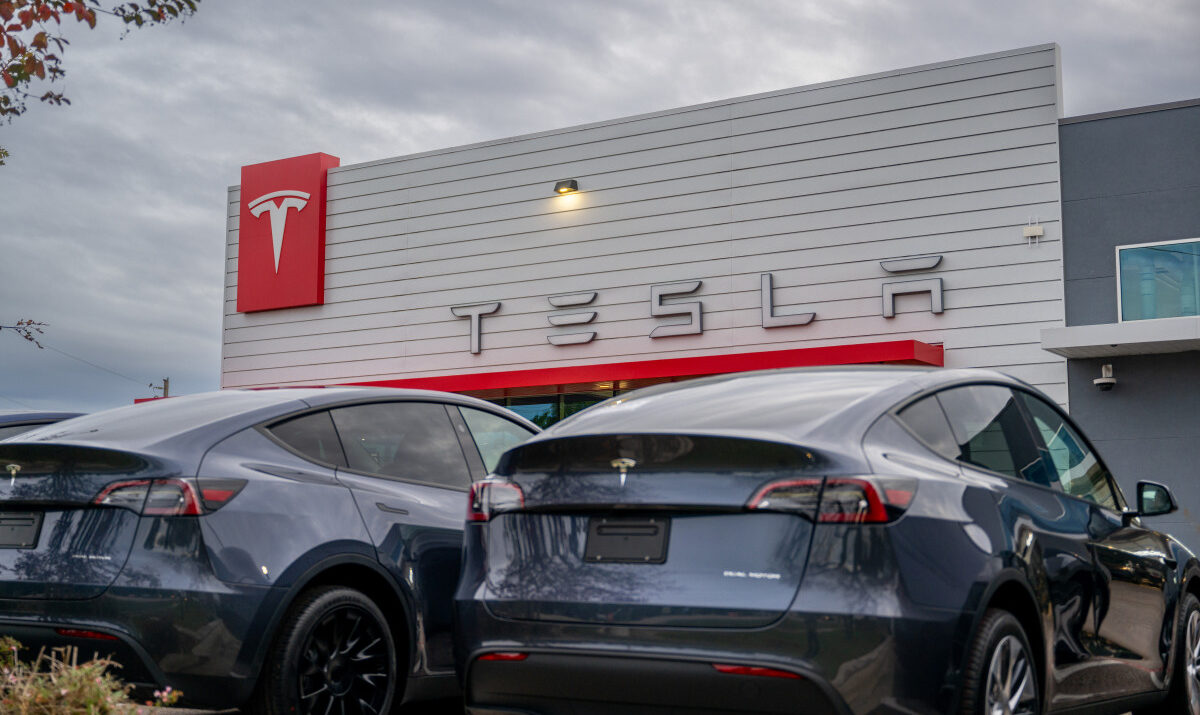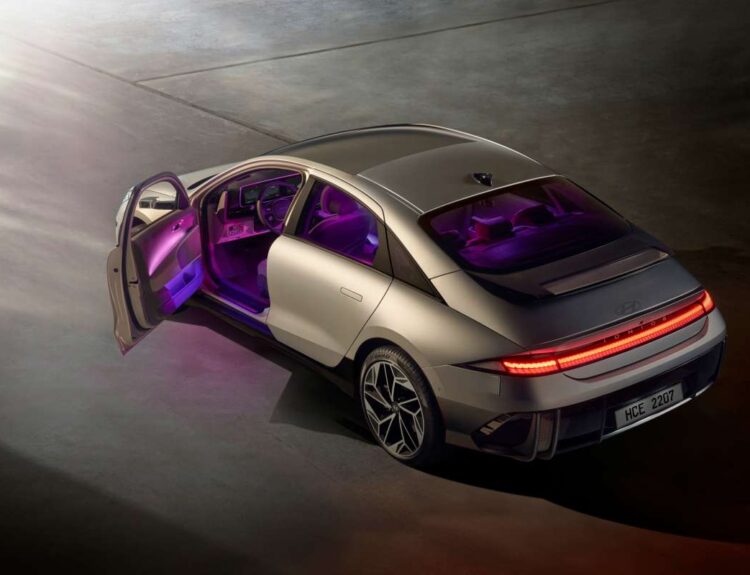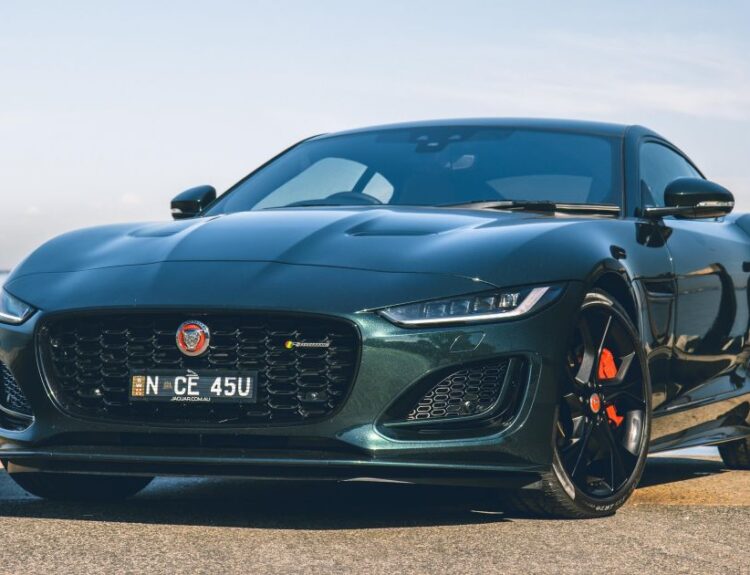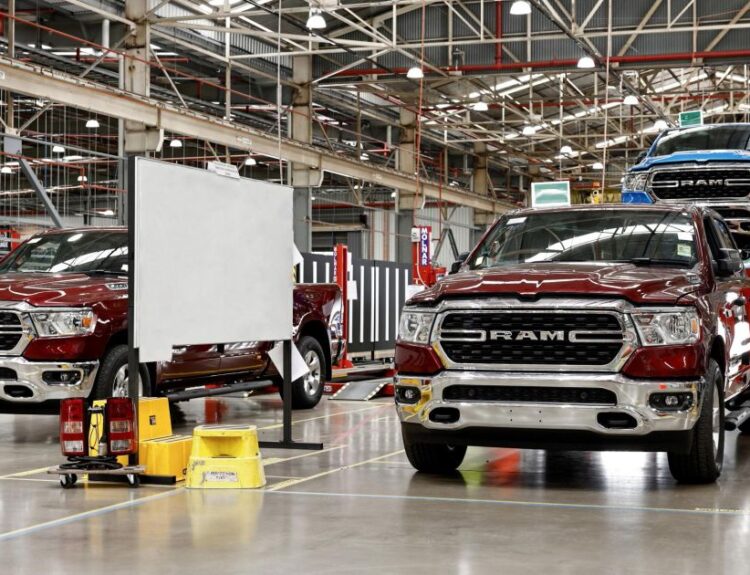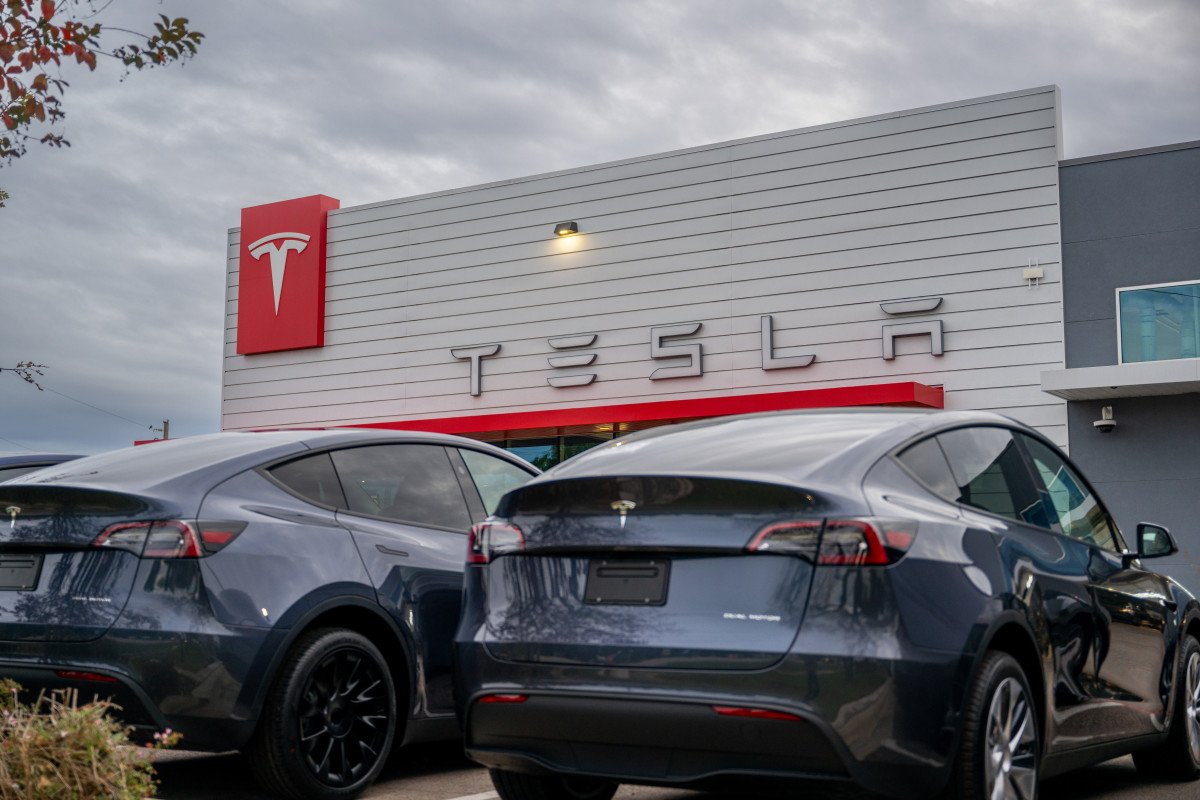
In an age where customization is the norm, many automakers offer consumers the ability to design their vehicles online, complete with an array of optional features and accessories. However, the process often culminates in the consumer being directed to contact a local dealership to finalize the order. This may seem counterproductive and even bewildering.
For those looking to purchase new cars, engaging with a dealership remains a necessity for most consumers—an exception being a handful of manufacturers. This dynamic is largely dictated by antiquated legal frameworks that bar automakers from selling directly to consumers, a situation that car dealerships are keen to maintain.
Related: Is a bespoke, classic Land Rover 110 worth $265,000?
The Case for Outdated Franchise Laws
The automotive landscape of yesteryear necessitated the creation of dealerships, which served as essential intermediaries when manufacturers faced the hefty expenses of building showrooms and staffing them. To address these challenges, auto companies established franchise laws that granted local dealerships exclusive sales territories, effectively sidelining manufacturers as direct competitors, creating a layer of protection for dealers.
While these intermediaries were crucial in the early days of car sales, their relevance has dwindled in the era of the internet, where consumers can effortlessly access manufacturer information online. Consequently, the franchise laws intended to protect dealerships have become outdated and, at times, counterproductive to consumer interests—a point of contention that the National Automotive Dealers Association (NADA) staunchly disputes. The NADA, in fact, regularly litigates against threats to the dealership model, targeting innovative newcomers like Tesla while lobbying for state protections that fortify their competitive edge, albeit with mixed success.
Related: Infiniti merging dealerships with Nissan as sales plummet
The Economic Incentives for States
One might expect the dealership middleman to face extinction given the vast expanse of online commerce. Surprisingly, this is not the case, as franchise laws remain firmly entrenched. The reason? Dealerships contribute significantly to state economies by generating jobs and tax revenue. For instance, in Northern Ohio alone, over 210,000 new vehicles were sold in 2023, translating into more than $187 million in vehicle sales tax—accounting for over 8% of the state’s overall tax revenue.
Tesla’s Legal Battles
Tesla has distinguished itself by streamlining the car-buying process through its direct-sales model, sidestepping many of the franchise law restrictions that bind traditional automakers. However, this advantage was not without contention. Over a decade ago, the Massachusetts State Automobile Dealers Association initiated legal action against Tesla, alleging that its direct sales violated state franchise laws. Tesla emerged victorious, setting a legal precedent that has enabled it to navigate similar defenses in states like New York, Minnesota, and Arizona, among others. Conversely, some states have crafted new legislation around this sales model, yet others have regressed, enacting laws prohibiting direct sales while allowing existing operations like Tesla’s to continue.
Elon Musk has championed this sales approach, advocating for a transparent and stress-free purchasing experience for consumers. He argues that traditional dealerships possess an inherent conflict of interest when it comes to selling electric vehicles, as their profitability largely rests on gasoline cars.
Related: 2025 Chevrolet Trax: 6 reasons to love it, 3 reasons to think twice
Musk stated, “Existing franchise dealers have a fundamental conflict of interest between selling gasoline cars, which constitute the vast majority of their business, and selling the new technology of electric cars. It is impossible for them to explain the advantages of going electric without simultaneously undermining their traditional business. This would leave the electric car without a fair opportunity to make its case to an unfamiliar public.”
Other manufacturers, including Rivian and Lucid, have followed Tesla’s lead by adopting direct-sales strategies aimed at consumers. Traditional manufacturers are not lagging behind either, with companies like Mercedes-Benz and BMW adopting an agency model in Europe, and Ford exploring online sales for EVs in select markets.
If you’re curious about your state’s stance on direct automotive sales, a recent PDF offers comprehensive insights.
Related: Can’t wait for the electric Scout? Check out this V8-powered restomod instead
Concluding Remarks
Research indicates that consumers are generally averse to engaging with dealerships, citing issues such as markups, convoluted jargon, and various add-ons that complicate the buying experience. Rather than reforming to meet customer needs, dealerships often focus their efforts on lobbying against competition. Given the accessibility of the internet, direct sales could easily streamline the purchasing process for consumers while amplifying profit margins for manufacturers.
In Europe, many automakers are gravitating towards an agency model where consumers can order vehicles online and pick them up at a dealership. As pressure for consumer-friendly practices builds, we may witness a similar transformation in the United States, although the subsequent power struggle among states and dealerships may hinder progress, ultimately leaving consumers in a less favorable position.
Related: Why Lamborghini delayed the Lanzador EV by a full year
Source:www.autoblog.com

